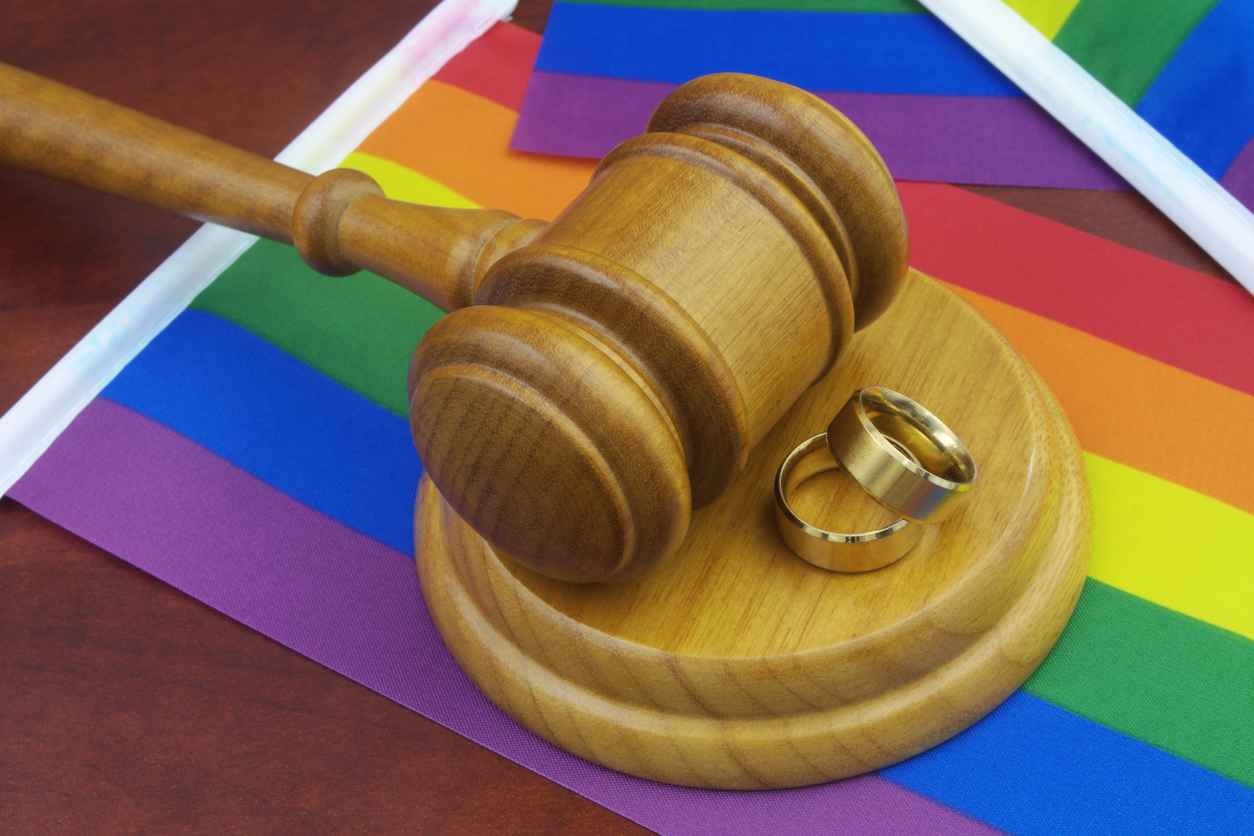Marriage Equality: A Journey from The Netherlands to The U.S.
Americans love to celebrate our freedom. We embrace our nation’s July 4th birthday with picnics, parades, and pyrotechnics. We proudly assert our love of freedom and loudly sing our Anthem’s refrain, “Land of the Free.”
Sometimes I think we talk big about freedom until we see our neighbors exercising their freedoms in a way we do not like. That is when we might question our commitment. We might think, “Well, I’m not sure you should have the right to do that.”
Our nation’s long (and incomplete) march along the road of marriage equity is one example of the challenges faced by our commitment to freedom.
The Netherlands holds the distinction of being the first country to legalize same-sex marriage on April 1, 2001. This watershed moment marked a seismic shift in society’s attitudes toward LGBTQ+ rights and paved the way for a global movement toward marriage equality. The Dutch example served as a beacon for LGBTQ+ communities worldwide, igniting a wave of activism and advocacy that reverberated across continents. Emboldened by the Dutch precedent, activists in countries like Canada, Belgium, and Spain campaigned tirelessly for marriage equality, challenging entrenched prejudices and demanding recognition under the law.
The struggle for marriage equality reached a pivotal moment in 2003 when the United States Supreme Court struck down state sodomy laws in Lawrence v. Texas. In 2015, the Supreme Court ruled in the historic Obergefell decision that the Fourteenth Amendment guaranteed to same-sex couples the right to marry. Justice Kennedy wrote for the five-vote majority, “The nature of injustice is that we may not always see it in our own times. The generations that wrote and ratified the Bill of Rights and the Fourteenth Amendment did not presume to know the extent of freedom in all of its dimensions, and so they entrusted to future generations a charter protecting the right of all persons to enjoy liberty as we learn its meaning.”
The journey towards marriage equality remains fraught with obstacles and setbacks. Many countries still criminalize and torture those whose identities conflict with traditional concepts of marriage and family. Given the current Supreme Court’s recent decision to overrule the fifty-year “secure” right to abortion established in Roe v. Wade, we must be mindful that our march to advance individual rights is not linear. Setbacks will be presented, and they must be met with action and advocacy.
The fight for freedom in “all its dimensions” will never end. May we continue to “learn its meaning.”

